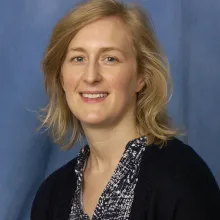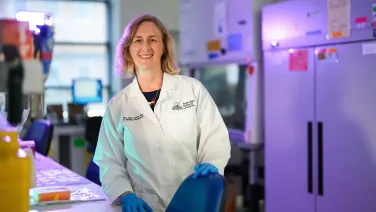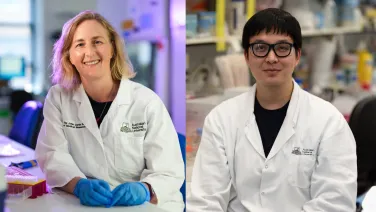The Ellyard Group – Autoimmunity and Cell Signalling
Our research focuses on understanding the causes of autoimmune diseases by investigating cytokine receptor signaling and nucleic acid sensors, aiming to develop targeted therapies.
Research themes
About
The focus of our research is on understanding the causes of autoimmune diseases that collectively affect over 5% of Australians and have no cure. Autoimmune diseaseoccurs when the immune system mistakenly responds to components of the body’s own (self) tissue. In healthy individuals the immune system incorporates checkpoints that normally block and eliminate self-reactive cells; however in individuals with autoimmune diseases these checks and balances fail. Understanding what processes or cell types contribute to the escape and activation of autoreactive cells can provide avenues for new and more targeted therapies.
In particular we are interested in role of two molecular signalling pathways: cytokine receptor signalling and nucleic acid sensors.
Our current research is investigating the role cytokines and nucleic acid sensing play in the development of autoimmune disease from several angles: 1) Genetic variants that dysregulate cytokine or nucleic acid sensing pathways 2) Testing of novel therapeutics that target of these pathways and 3)Understanding the role they play in the intersection between genetic predisposition and environmental triggers of autoimmunity.
Projects
News
Location
Room 3.227
The John Curtin School of Medical Research
131 Garran Road






